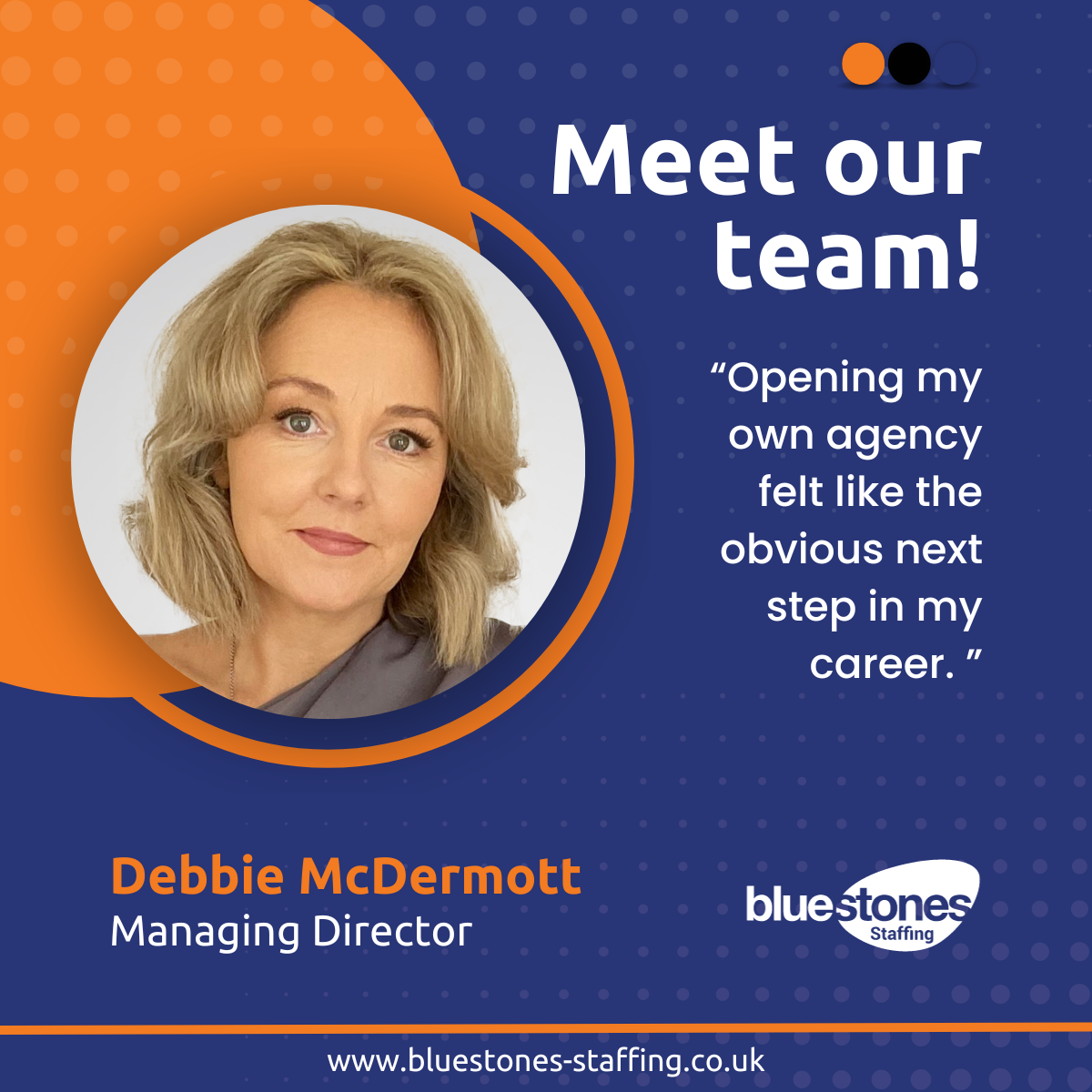Conducting a good interview is essential for hiring the right candidate. A good interview can help you evaluate a candidate’s skills, experience, and qualifications. Additionally, you can get an insight into their work ethic, problem-solving and communication skills, and identify whether they’d be a good fit for your company\’s culture.
This blog is going to cover our top tips for conducting effective interviews and making the right hire.
Preparing to interview candidates
Reviewing CVs and cover letters thoroughly gives you a better understanding of candidates\’ qualifications, experience and skills before you interview them and can guide your questions during the interview process.
Preparing a list of interview questions in advance that are tailored to the specific job and company culture will ensure that you ask relevant and insightful questions that allow you to gauge whether the candidate is a good fit for the position.
It\’s also important to create a welcoming environment for interviews. Make sure that the interview space is comfortable and free from distractions so that both you and the candidate can fully focus on the conversation at hand. Additionally, be sure to greet each candidate warmly when they arrive, as first impressions go a long way in making them feel comfortable during an interview.
Creating questions
It’s essential to create questions that will allow you to get a sense of the candidate\’s skills, experience and personality. One way to do this is by asking behavioural interview questions that require candidates to draw upon past experiences in order to answer. For example, \”Can you tell me about a time when you had to handle a difficult customer? How did you approach the situation?\”
Another important aspect of creating effective interview questions is making sure they are specific and relevant to the position being filled. This means doing your research beforehand and identifying the key skills and attributes needed for success in the role. For example, if you\’re hiring for a project manager position, some relevant questions might include \”Can you describe your experience managing complex projects with tight deadlines?\” or \”How do you prioritise tasks when working on multiple projects simultaneously?\”
Finally, it\’s important to strike a balance between open-ended questions that allow candidates to showcase their knowledge and expertise while also giving them enough structure, so they don\’t ramble off-topic or give irrelevant answers. By following these tips for creating effective job interview questions, you\’ll be able to identify top talent who can help drive your business forward.
Evaluating responses
One of the most critical aspects of conducting an effective job interview is evaluating the responses provided by candidates. Evaluating responses involves more than simply listening to what the candidate says, it also requires assessing their body language, tone of voice, and overall demeanour.
To evaluate a candidate\’s response effectively, you must have a clear understanding of what you are looking for from them. It may involve asking follow-up questions or seeking clarification on certain points they make during the interview. This helps ensure that you are getting accurate information and can make an informed decision about whether they are the right fit for your company.
It\’s important to remain objective during the evaluation process and avoid making assumptions or judgments based on personal biases or preferences. Instead, focus on how well their responses align with your company\’s values and goals while keeping in mind any specific requirements for the role in question. Ultimately, evaluating responses effectively will help you find the right candidate for your company and build a strong team that can drive growth and success over time.
Listening actively
Giving your undivided attention to the candidate and being fully present in the conversation is fundamental during an interview. Not only does this show respect for the interviewee, but it also allows you to gather more information about their qualifications and fit for the role.
Active listening involves more than just hearing what someone is saying. It includes paying attention to nonverbal cues such as body language and tone of voice, as well as asking clarifying questions and summarising what has been said. By doing so, you demonstrate that you value the candidate\’s input and are engaged in understanding their perspective.
In addition to improving your interviewing skills, active listening can also benefit your overall communication abilities. Practising active listening in all aspects of life can help build stronger relationships and prevent misunderstandings or conflicts from arising.
Following up
Following up with candidates after an interview is a crucial aspect of the hiring process. It not only shows that you respect their time and effort, but it also keeps them engaged in the process and gives them a sense of where they stand. One effective way to follow up is to send a personalised email thanking them for their time and reiterating your interest in their candidacy. This can help build rapport and ensure that they remain interested in the position.
Another good way to follow up is by setting clear expectations for the next steps. Let candidates know when they can expect to hear back from you and what the next steps will be if they are selected for further consideration. This helps manage their expectations and ensures that there are no surprises later on when decisions are made. By following up promptly and with clear communication, you can create a positive candidate experience that reflects well on your organisation, even if someone isn\’t ultimately hired for the role.
Conclusion
Conducting an effective job interview requires careful preparation and attention to detail. As an interviewer, it\’s important to have a clear understanding of the position you\’re hiring for, including its responsibilities and required skills.
Finally, it\’s essential to remember that an interview is not just an opportunity for you to evaluate candidates – it\’s also their chance to learn about your organisation and decide if it\’s a good fit for them. Be sure to answer any questions they may have about the role or company honestly and thoroughly, so they can make an informed decision if offered the job.
Looking to fill a vacancy?
Understanding our clients’ businesses and conducting effective interviews are key elements of the service we provide. We can simplify the recruitment process and help you find the right candidates for your vacancies.
If you’d like to find out more about our client services, you can contact us by calling us at 028 95 219 313 or emailing us at info@bluestones-staffing.co.uk, and a member of our team will be happy to help you.










